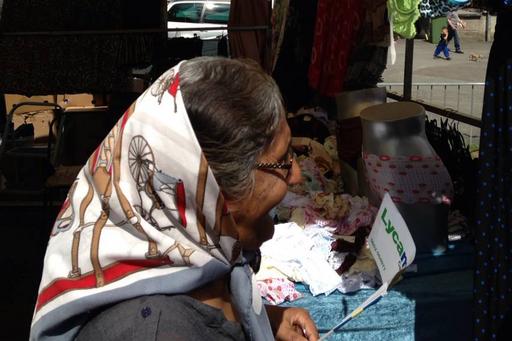
Changing roles, emerging networks. Local governments as employer, procurer and entrepreneur in labour market integration
Short description
Labour market integration of foreign-born persons is a key challenge both for integration policies and for the organising of future working-life. A large number of local labour market integration initiatives have been developed from bottom-up in recent years, led by municipalities in collaboration with public organizations, companies and non-profits; a phenomenon that is still understudied. This project aims at examining the changing roles of the local government in creating and scaling up novel initiatives for labour market integration, as well as the construction of emergent networks among them.

What is the project about?
Labour market integration of foreign-born persons is a key challenge both for integration policies and for the organising of future working-life. A large number of local labour market integration initiatives have been developed from bottom-up in recent years, led by municipalities in collaboration with public organizations, companies and non-profits; a phenomenon that is still understudied. This project aims at examining the changing roles of the local government in creating and scaling up novel initiatives for labour market integration, as well as the construction of emergent networks among them.
Research questions:
Methodologically, the project is informed by a selection of labour market integration initiatives, representing changing roles of the local government in this policy field, identified in our previous research: 1) the municipality as 1) procurer, 2) employer, and 3) entrepreneur. We will study initiatives in different municipalities by following - based on interviews, documents and observations – how they develop locally, and how they are diffused to other settings through emerging networks. The project adopts an action-research approach whereby continuous interaction and collaboration with the studied organizations will co-produce knowledge for better evidence-based policy making, to strengthen initiatives and networks, and to the diffusion of the initiatives and roles. Theoretically, the project contributes to the collaborative governance and new institutional theory literatures.
Project participants
The project is cross-disciplinary run by four researchers from two departments at the the University of Gothenburg, the School of Public Administration and the department of Business Administration at the School of Business, Economics and Law.
Emma Ek Österberg, School of Public Administration
Maria José Zapata Campos, Business Administration
Maria Norbäck, Business Administration
Patrik Zapata, School of Public Administration

